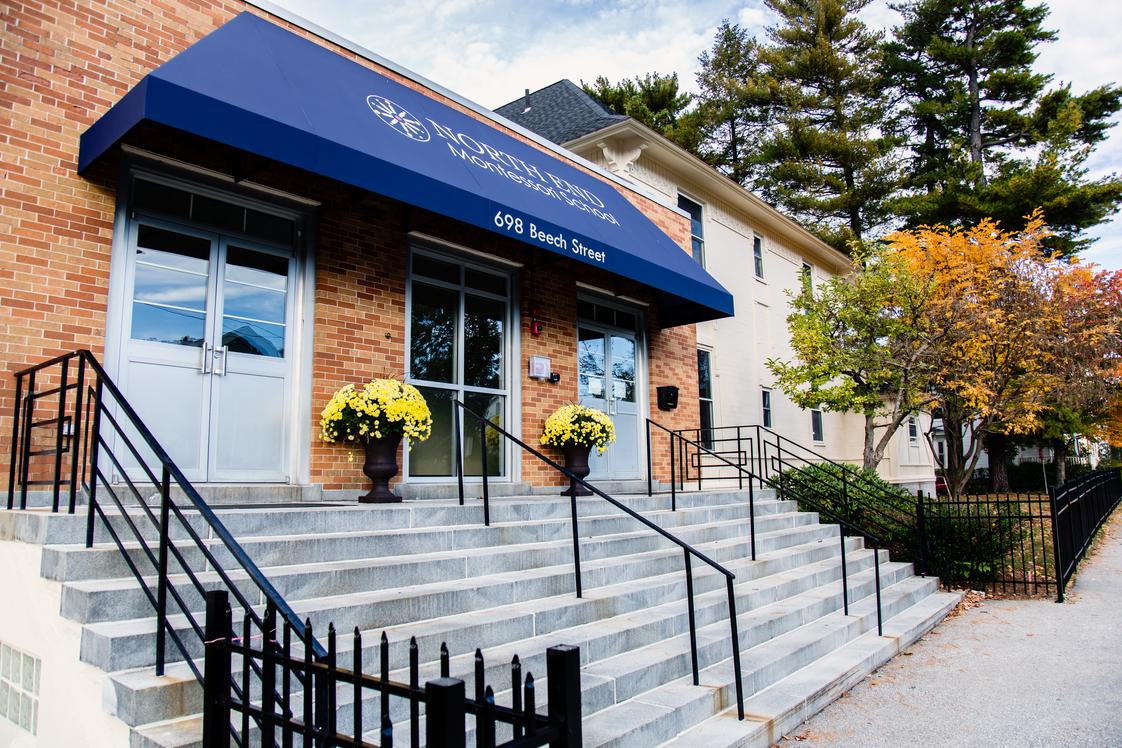The Montessori method of early childhood education is famous for its child-centered philosophy that fosters independence, creativity as well as a love of learning. This guide explains the benefits of Montessori daycare, Montessori kindergarten, Montessori preschool, as well as Montessori elementary school, and explains how each stage contributes to the child’s overall development.
Montessori Daycare Inspiring independence from the beginning
Montessori daycare programs seek to foster independence and self-confidence among children with the youngest learning needs. These programs provide an engaging, safe and secure environment that allows children to play and explore on their own. The Montessori classroom contains age-appropriate materials which promote motor skill growth and exploration of the sensory.

Teachers at Montessori daycares serve as facilitators, not traditional instructors. They assist children in their learning experience. This helps children develop critical thinking skills and creates an understanding of their own independence. Montessori daycares are full of activities like spooning beans or pouring water on clothes. These activities are all designed to improve fine motor skills.
Montessori Kindergarten: A Foundation for Lifelong Learning
The emphasis of the Montessori kindergarten curriculum shifts a bit as children progress to it. It incorporates more formal academic education, while encouraging independence and self-directed learning. The Montessori Kindergarten curriculum is varied that includes math, language, cultural studies and practical life skills.
A mixed-age class is one of the key components of Montessori Kindergarten. Children from all ages learn together. It allows the older kids to teach concepts to younger ones as well as enhance their own understanding. The peer learning aspect encourages social skills as in fostering a sense of community in the classroom.
Montessori kindergarten is a classroom that uses hands-on activities where learning often takes place in real-world situations. Math, for instance, could be taught with manipulatives such as beads and rods that help children understand abstract concepts through physical interaction. Stories, phonetic exercises as well as writing activities are employed to promote language development.
Montessori Preschool: Fostering Exploration and Curiousness
Montessori preschools build upon the foundations established in kindergarten and daycare. They focus on exploration, curiosity, and a passion for learning. The preschool’s setting has been designed to be stimulating and educational. Activities and materials have been designed to suit the development stages of youngsters aged 3 to 6.
Children in a Montessori pre-school can pick the things they’d like to participate in and can work at their pace. This autonomy helps develop intrinsic motivation and an appreciation in their own learning. The preschool curriculum is based on practical actions in the real world, as well as sensorial, language, math, and cultural studies.
Practical life-skills, such as cooking cleaning, gardening, and cooking, are a cornerstone of Montessori preschool education. They help children learn important life skills, as well as coordination, concentration, and independence. Sensorial activities, on the contrary, are designed to refine the five senses and enhance the development of cognitive abilities.
Montessori Elementary School – Preparing Students for Academic Success
Montessori elementary schools adhere to the idea of a child-centered curriculum, with an increased focus on academic subjects but taking care of the whole child. The curriculum is integrated into other subjects of study so that students understand how they are related.
Students in an elementary Montessori school are involved in extensive research, cooperative learning, and hands-on experience. The learning environment fosters critical thinking and curiosity, and the curriculum is designed to meet the needs of different students and capabilities.
The Montessori approach to elementary education places a strong focus on “cosmic” education, which helps children to understand their place in this world and how everything is interconnected. This method helps children take responsibility for the environment as well as for their fellow citizens, enabling them to become responsible world citizens. Visit Montessori Elementary School
In conclusion I would say that the Montessori approach to early childhood education, from daycare through elementary school, is a unique and effective method of fostering a child’s development. Through encouraging independence along with curiosity and an interest in learning, Montessori education equips children with the knowledge and mindset they need for lifelong success.
